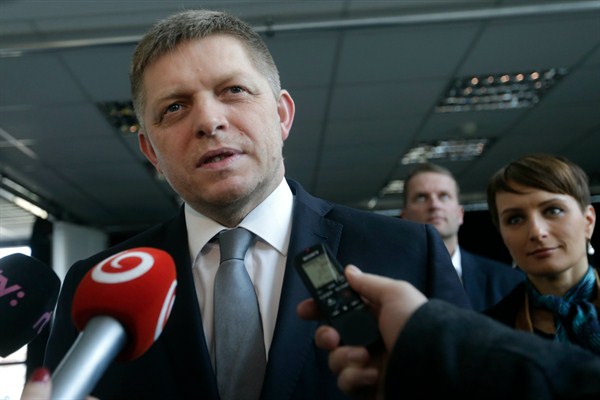BRATISLAVA—The landslide electoral victory of a party founded by a brash billionaire in the Czech Republic last month seemed like just the latest sign of Central European politics becoming the domain of oligarchs. In nearby Hungary, Prime Minister Viktor Orban, whose illiberalism has rattled Europe for several years, has surrounded himself with friendly tycoons, doling out contracts to coddle government-friendly big business and consolidate his own political power.
But for all the attention on Hungary and now the Czech Republic, where many fear what Andrej Babis will do if he is able to form a government and take power, the influence of oligarchs in both countries is a relatively new phenomenon. Not so in neighboring Slovakia, where a small group of well-placed, wealthy insiders have had significant sway over the state and the economy for almost 25 years.
Oligarchs first emerged in the years preceding the country’s independence from Czechoslovakia in 1993. “They’re the product of Slovak-style, wild privatization,” says Marian Lesko, a columnist for Trend, a weekly magazine in Bratislava, and an author of four books on that period.

